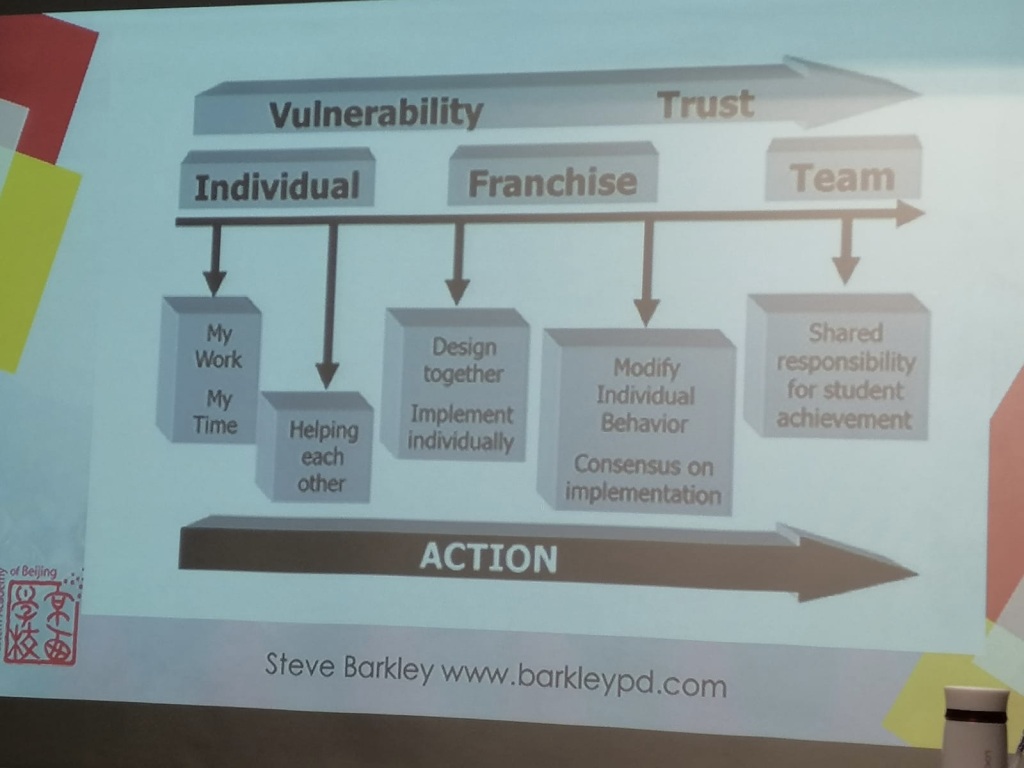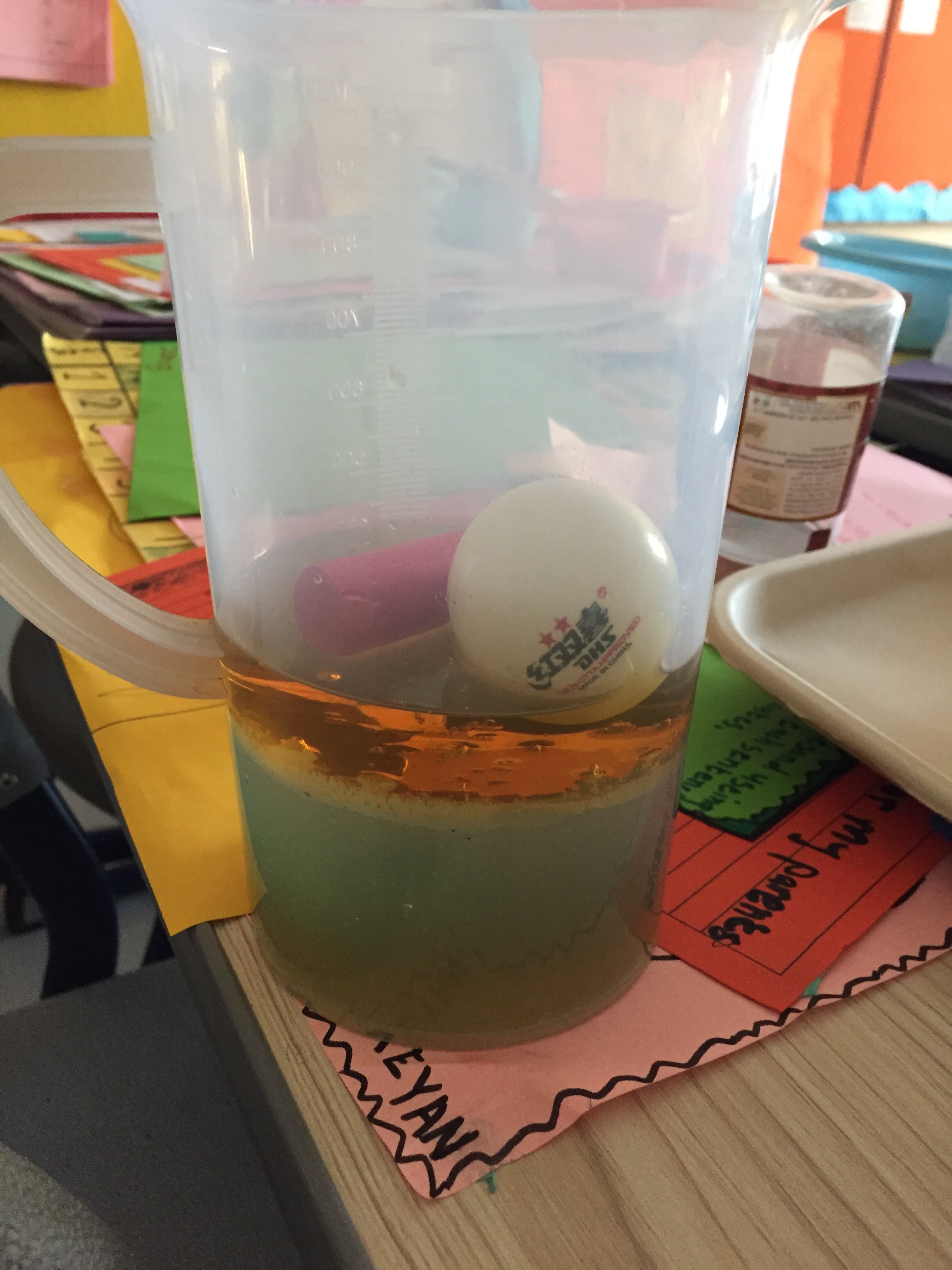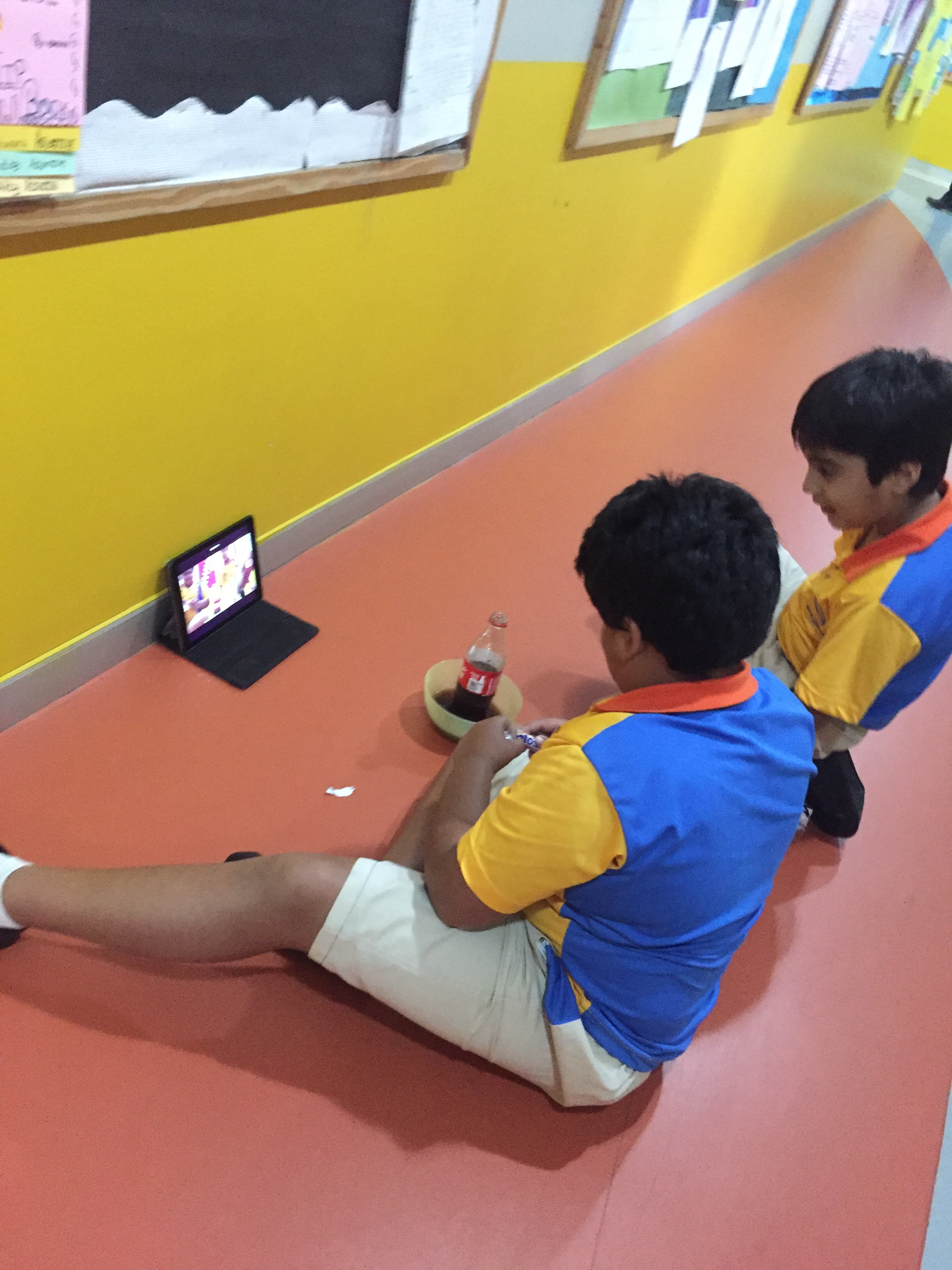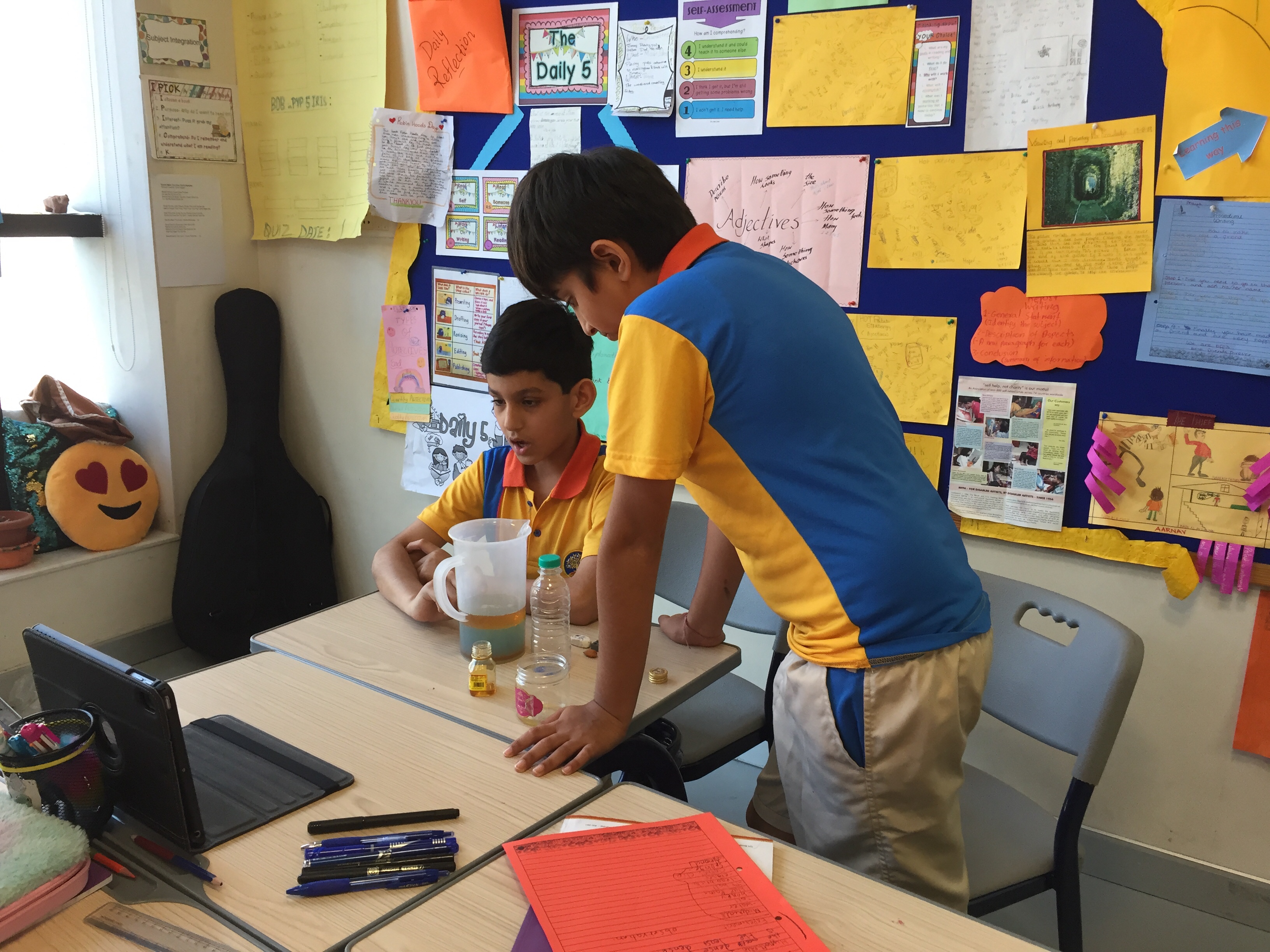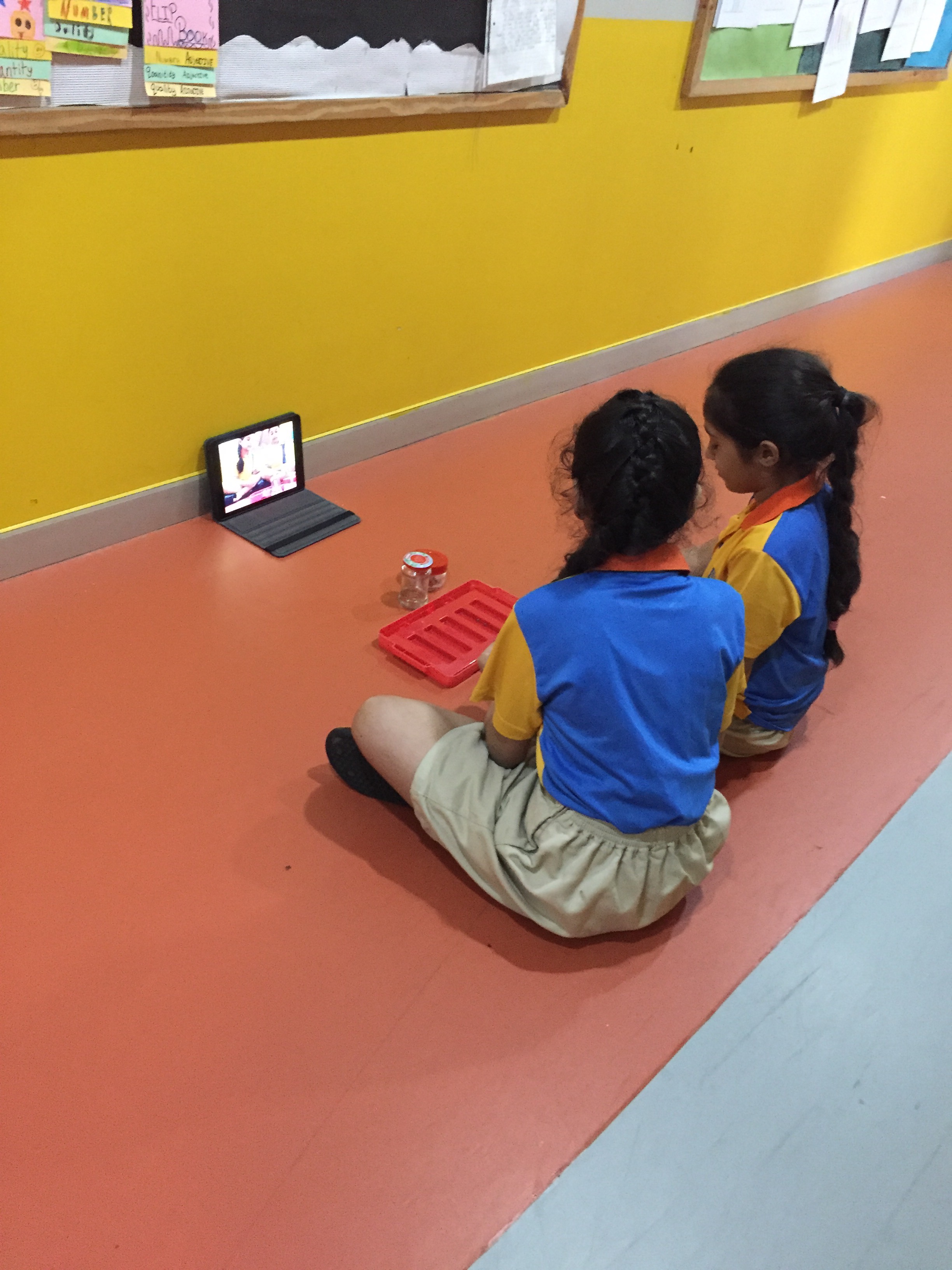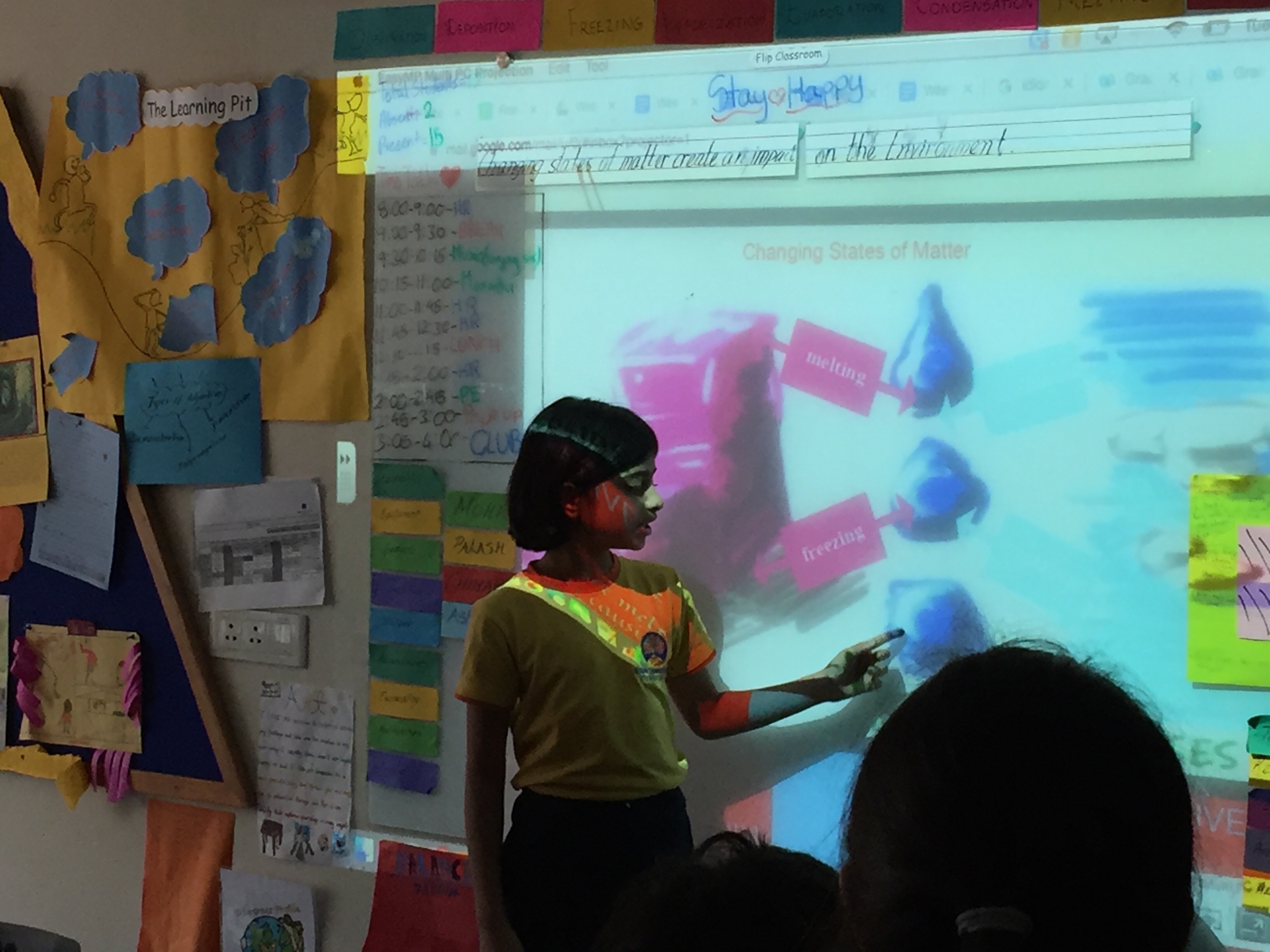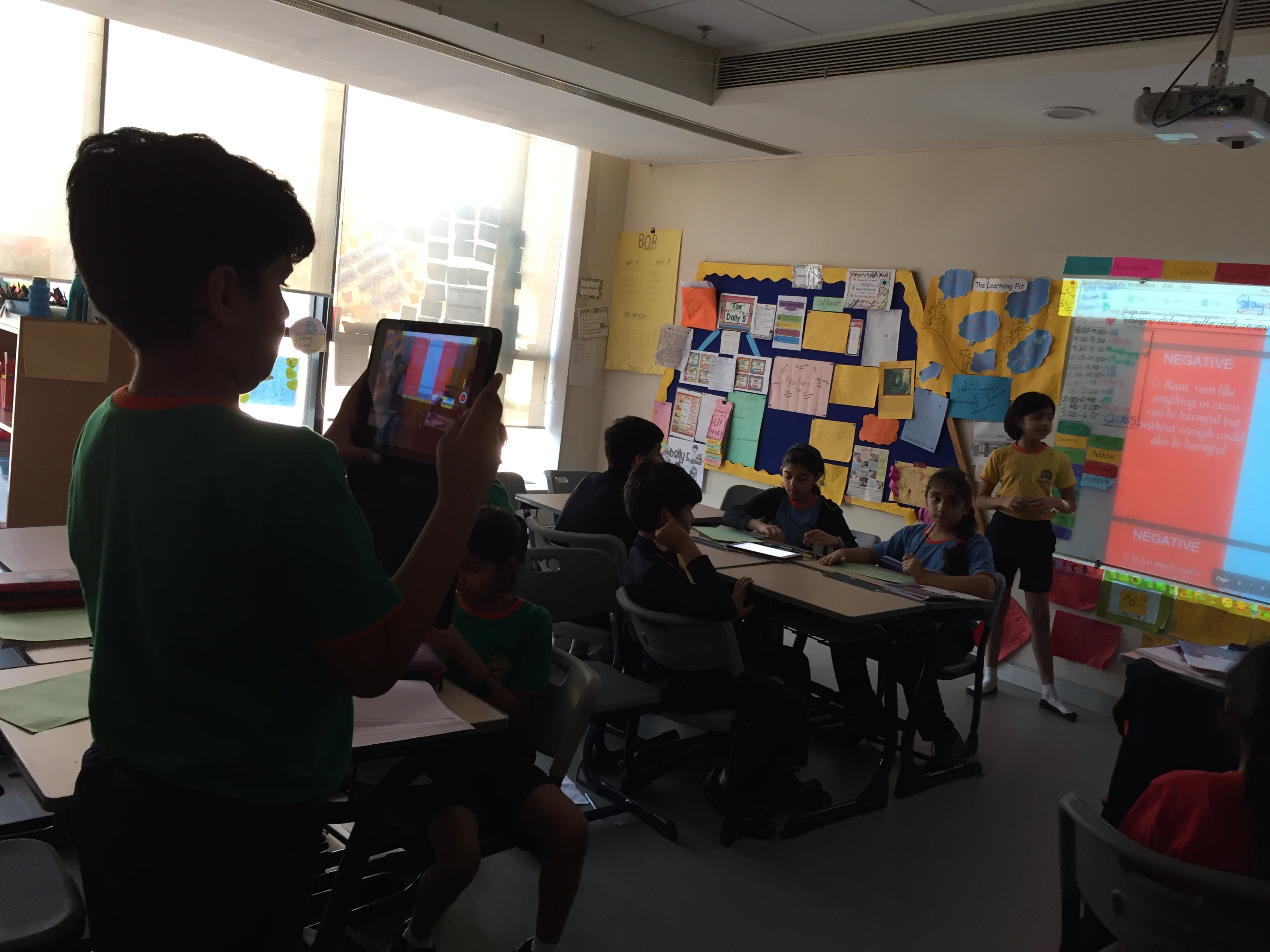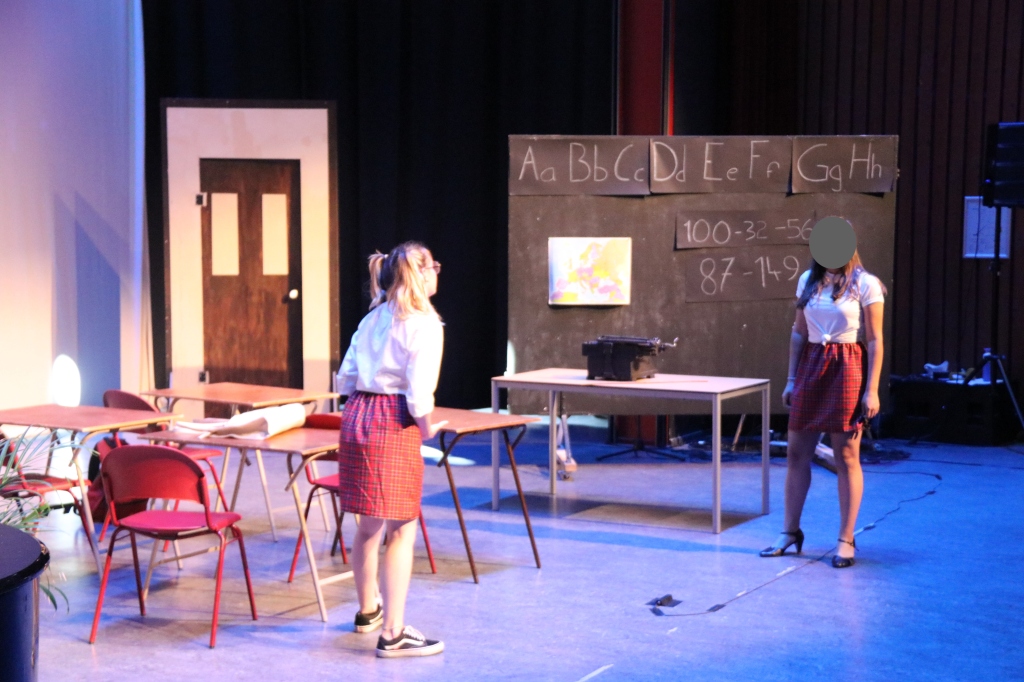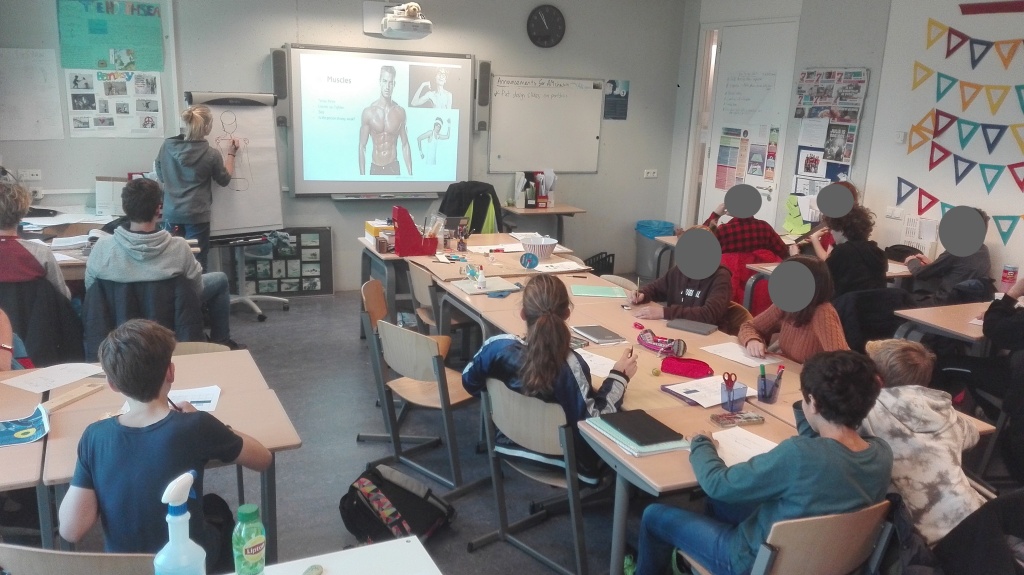Recently, during a conversation with my colleague, Ms. Rashmita, we delved into the topic of Gen Z language and how important it is for us to stay updated in order to bridge the generation gap. This sparked an idea in my mind to research Gen Z employees and gain valuable insights into their expectations. To my amazement, I discovered a wealth of information.
Gen Z, the generation born between the mid-1990s and early 2010s, is entering the workforce with distinct expectations and priorities. In order to attract and retain top talent from this generation, organizations must grasp their needs and adapt their workplace practices accordingly. Let’s delve into some key aspects of what Gen Z employees truly desire.
First and foremost, meaningful work is of utmost importance to Gen Z. They seek opportunities that align with their values and contribute to a greater purpose. Organizations should clearly communicate their mission and values, emphasizing the positive impact their employees can make.
Additionally, career development and growth opportunities play a crucial role for Gen Z employees. They highly value organizations that invest in their professional advancement. Establishing mentorship programs, offering training opportunities, and creating well-defined career progression frameworks will demonstrate a commitment to their growth. Regular feedback and recognition will further instill a sense of value and motivation in them.
Gen Z employees also place great emphasis on work-life balance and flexibility. They appreciate a healthy integration of their personal and professional lives. To cater to this, organizations can offer flexible working hours, remote work options, and cultivate a supportive work environment that nurtures a sense of well-being.
Technology and digital integration are paramount for Gen Z employees, who have grown up in the digital age. They expect organizations to embrace technology and provide efficient digital tools and platforms that streamline workflows, enhance collaboration, and boost productivity. By staying up-to-date with the latest technology trends and fostering innovation, organizations can meet these expectations.
Moreover, Gen Z employees value diversity, inclusivity, and equality. They seek organizations that foster a culture of respect, belonging, and openness. Embracing diversity in hiring practices, promoting inclusive policies, and encouraging diverse perspectives in decision-making are crucial steps towards creating an inclusive environment that resonates with Gen Z employees.
By adapting to the needs of Gen Z employees, organizations can tap into their full potential and create a workplace that thrives in the modern era. Understanding and implementing these key factors will not only attract and engage Gen Z talent but also ensure sustainable success for organizations.
In conclusion, as we continue our journey alongside Gen Z, it is vital for us to stay updated on their expectations and preferences. By embracing meaningful work, prioritizing career development, fostering work-life balance and flexibility, integrating technology, and nurturing an inclusive culture, we can bridge the generation gap and cultivate an environment where both employees and organizations can thrive.
Credit: https://www2.deloitte.com/us/en/pages/consumer-business/articles/understanding-generation-z-in-the-workplace.html. https://www.bbc.com/worklife/article/20220613-gen-z-the-workers-who-want-it-all. https://hbr.org/2023/01/helping-gen-z-employees-find-their-place-at-work


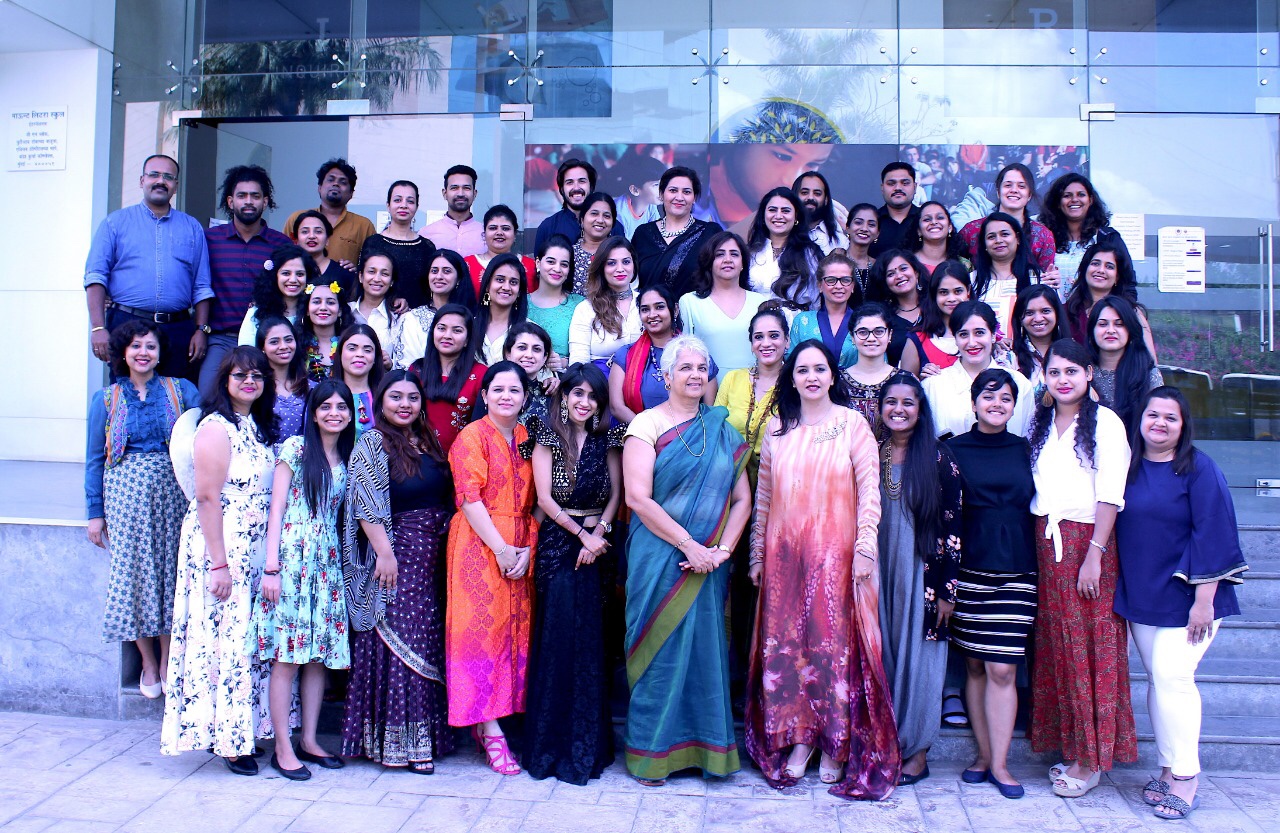
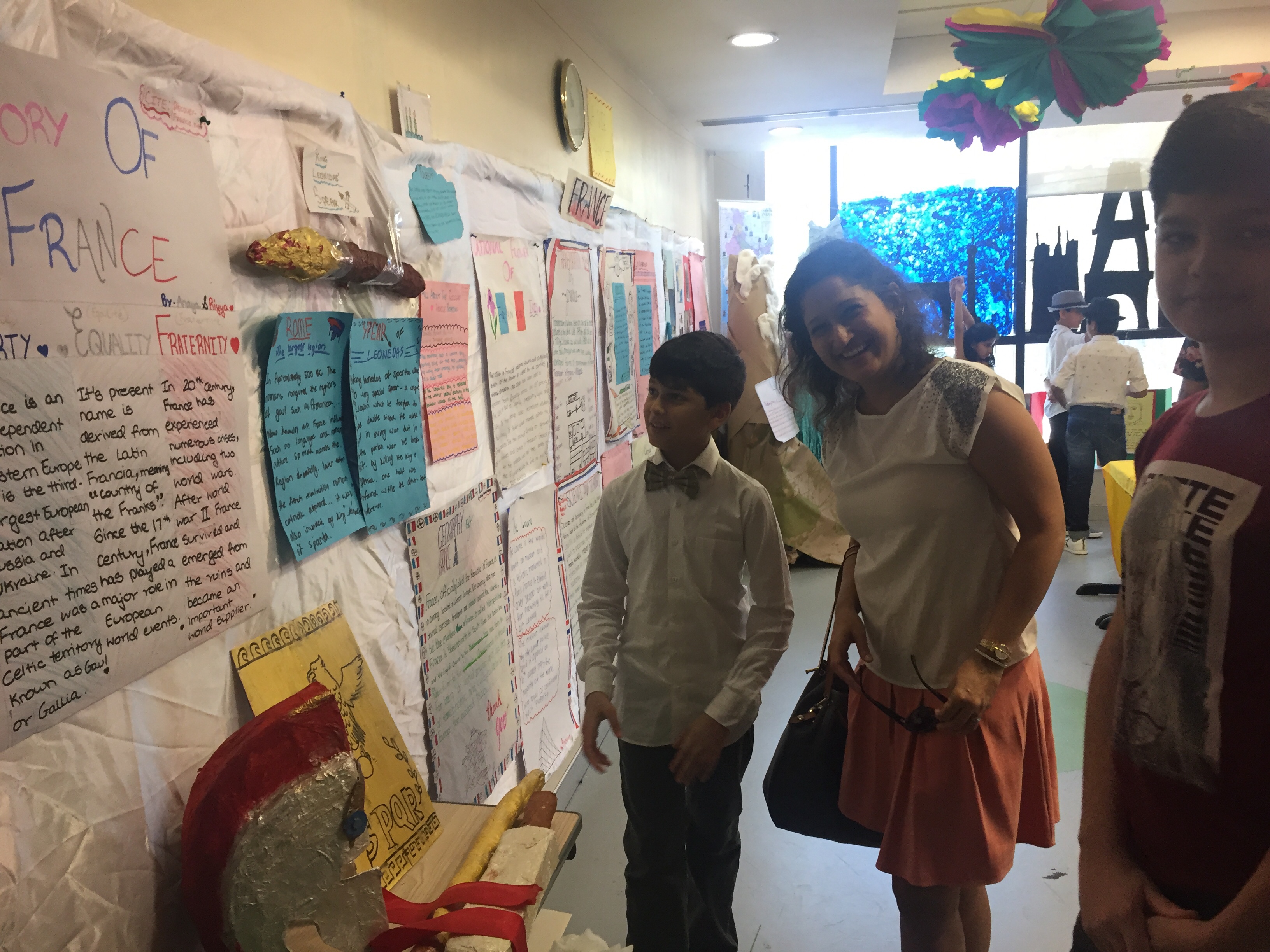
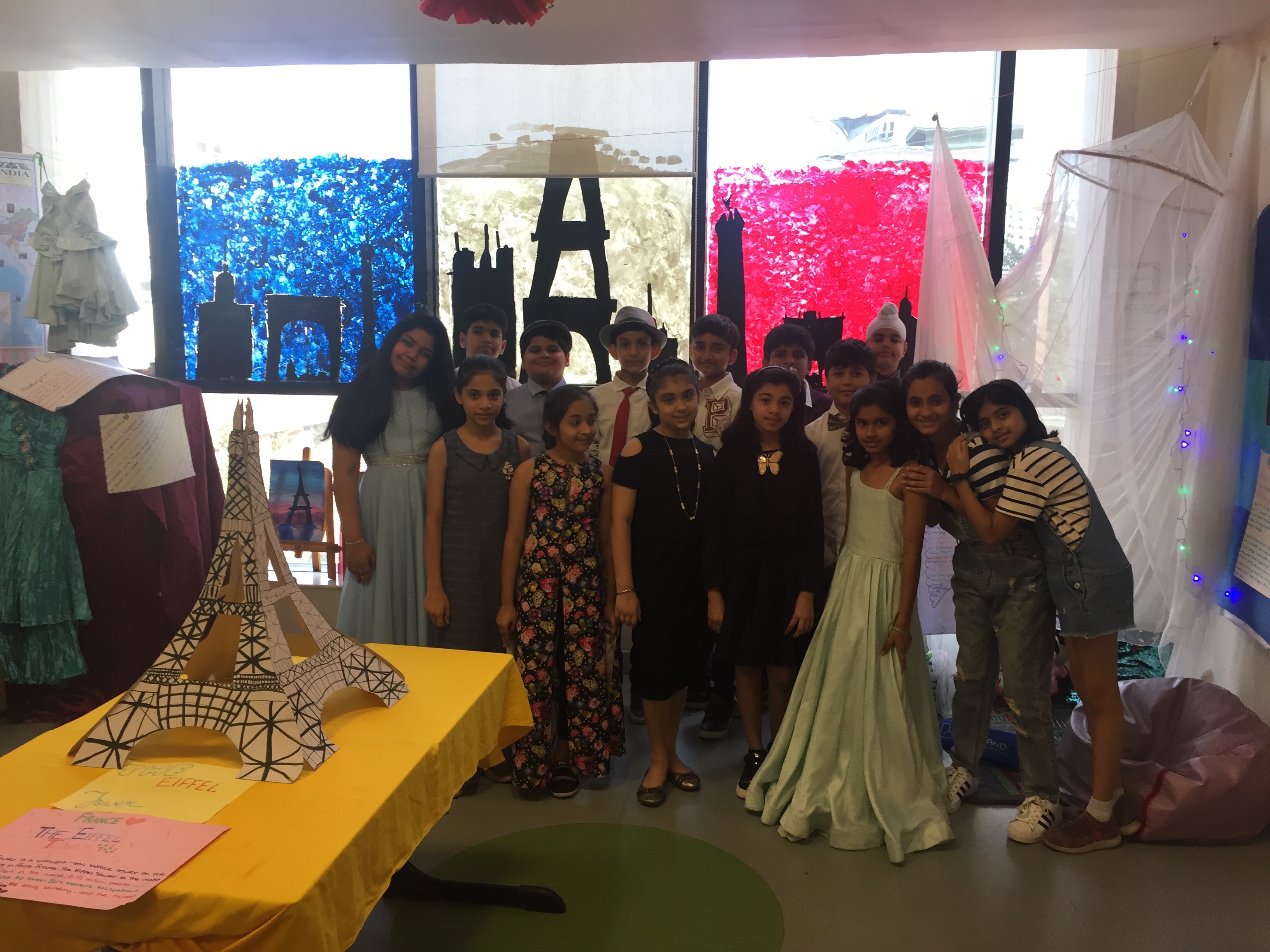
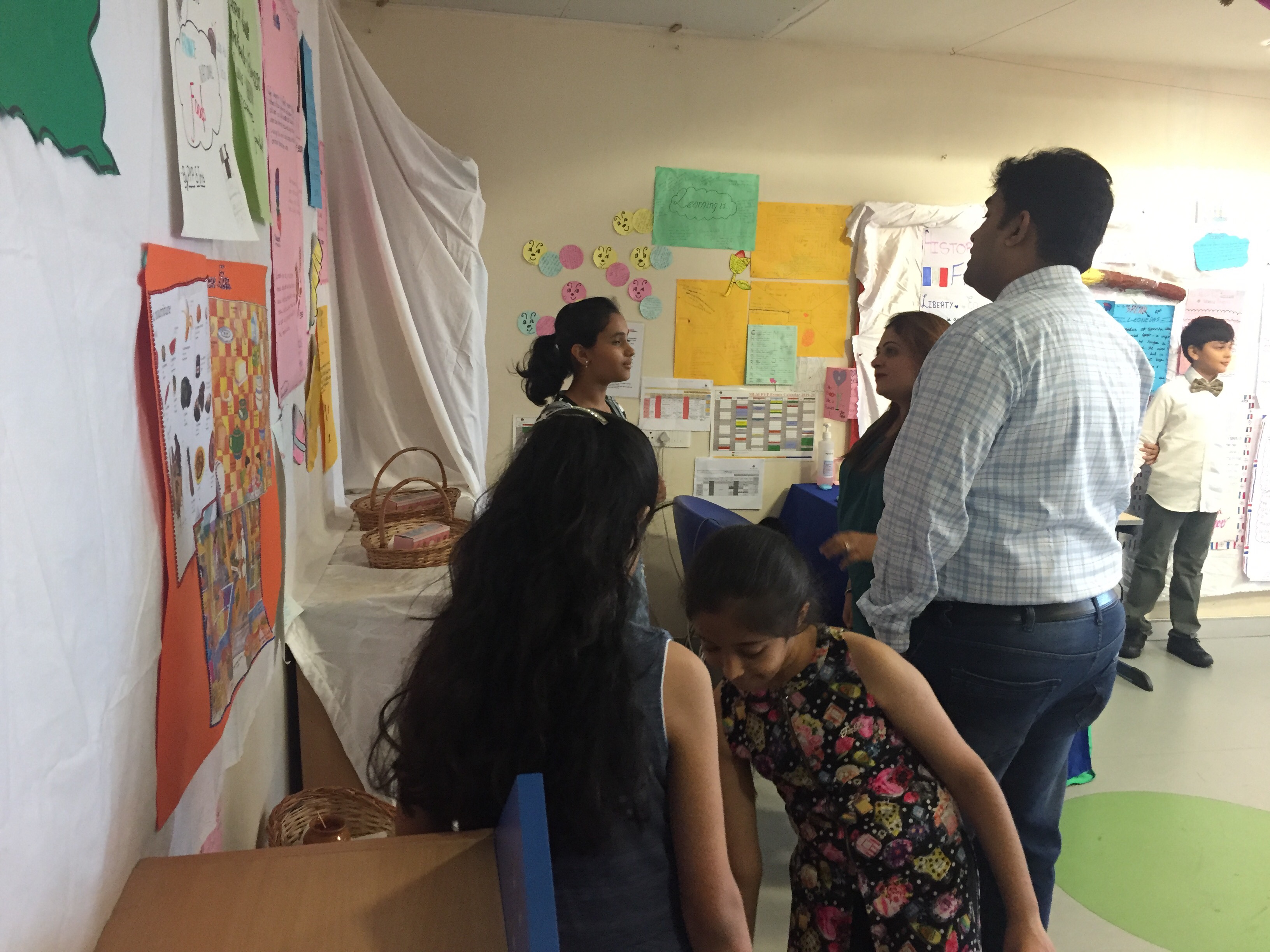 Covid 19 taught us the new term, ”social distancing”. Isolation from our society. Our state Maharashtra is facing the highest cases of Covid 19 positive. According to the Indian Council of Medical Research and Ministry of Health, we have confirmed 519 active 40 recovered and 11 deaths. It’s really sad. Felt so helpless for the first time.
Covid 19 taught us the new term, ”social distancing”. Isolation from our society. Our state Maharashtra is facing the highest cases of Covid 19 positive. According to the Indian Council of Medical Research and Ministry of Health, we have confirmed 519 active 40 recovered and 11 deaths. It’s really sad. Felt so helpless for the first time.
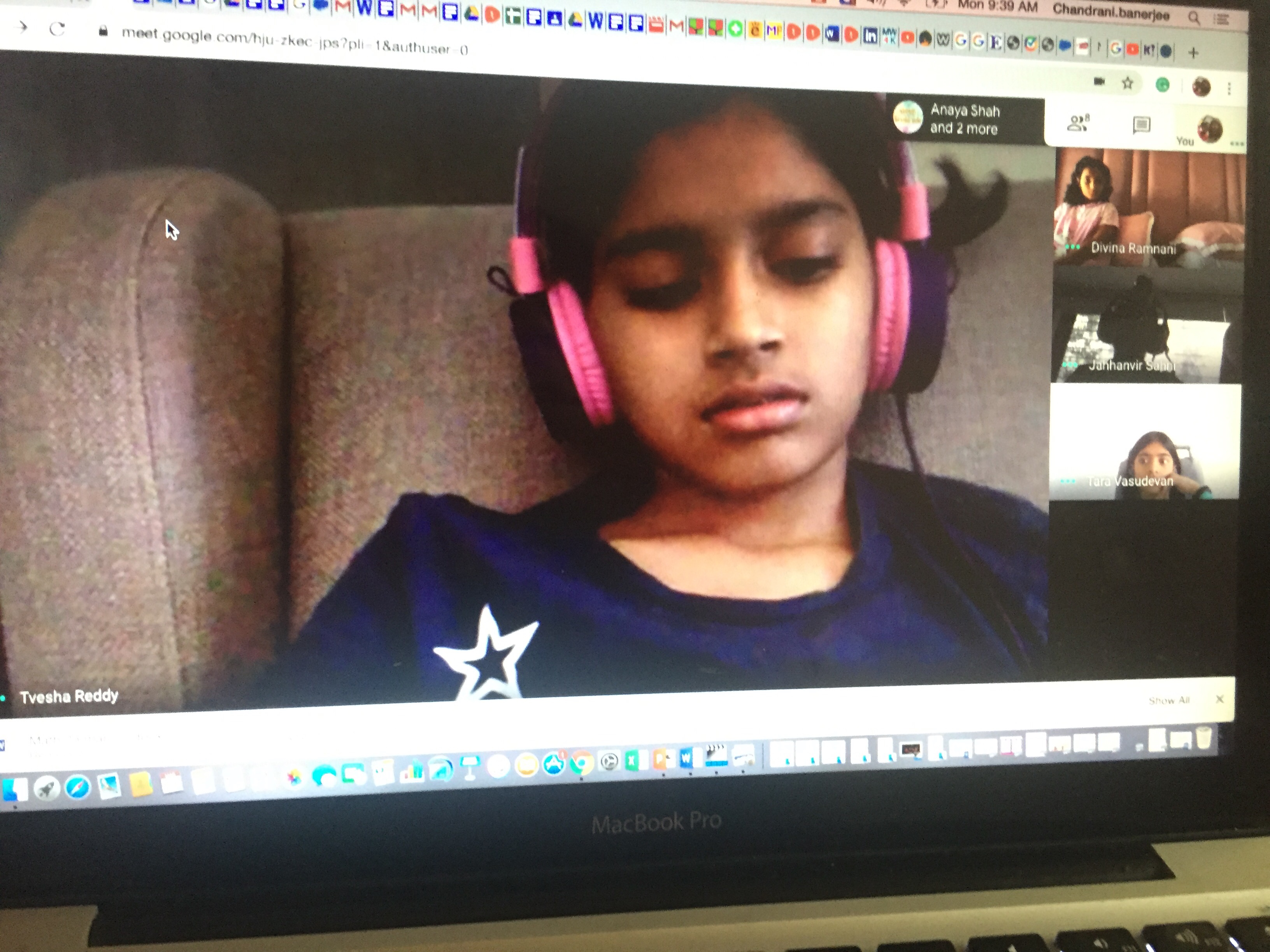
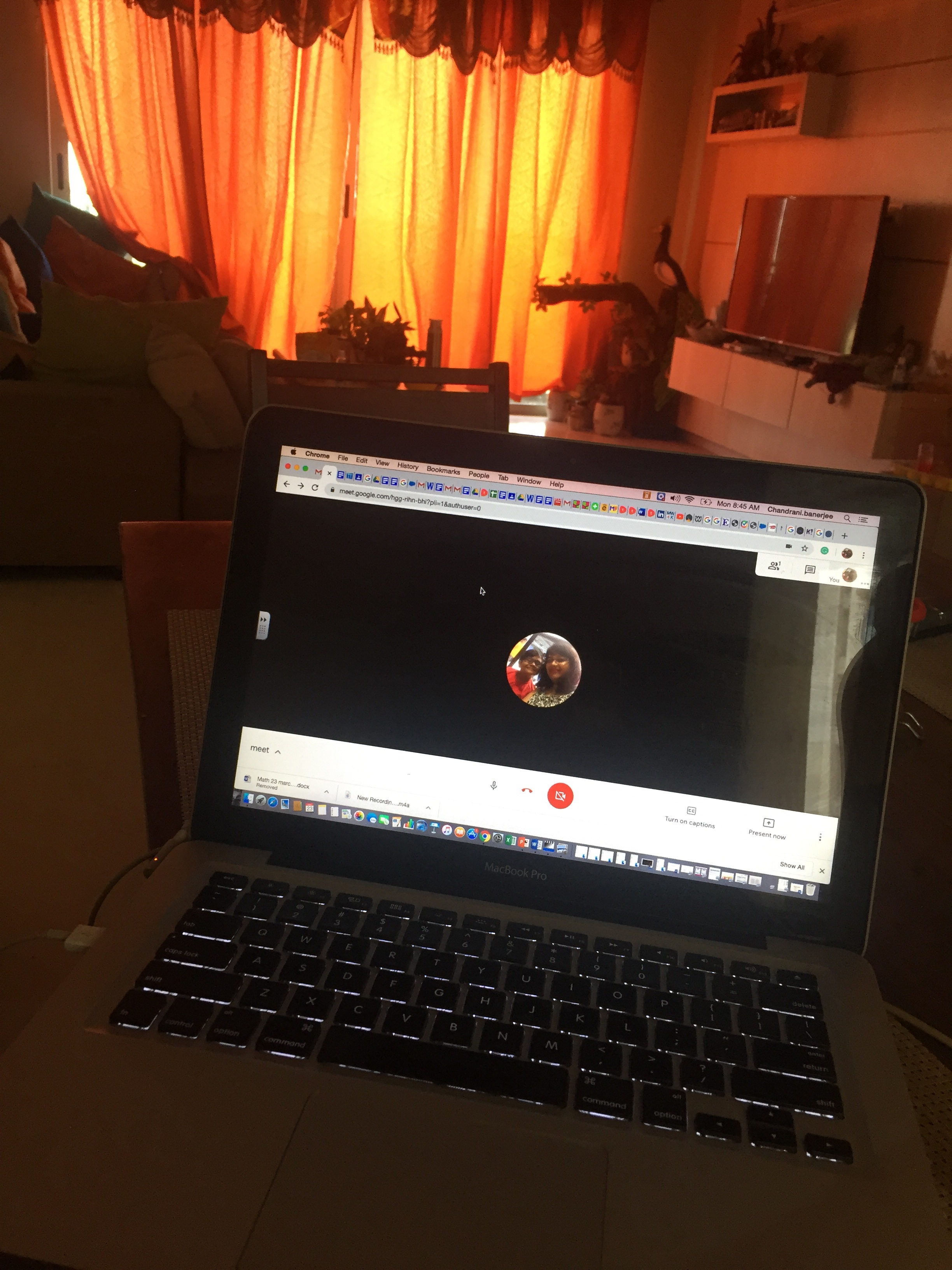
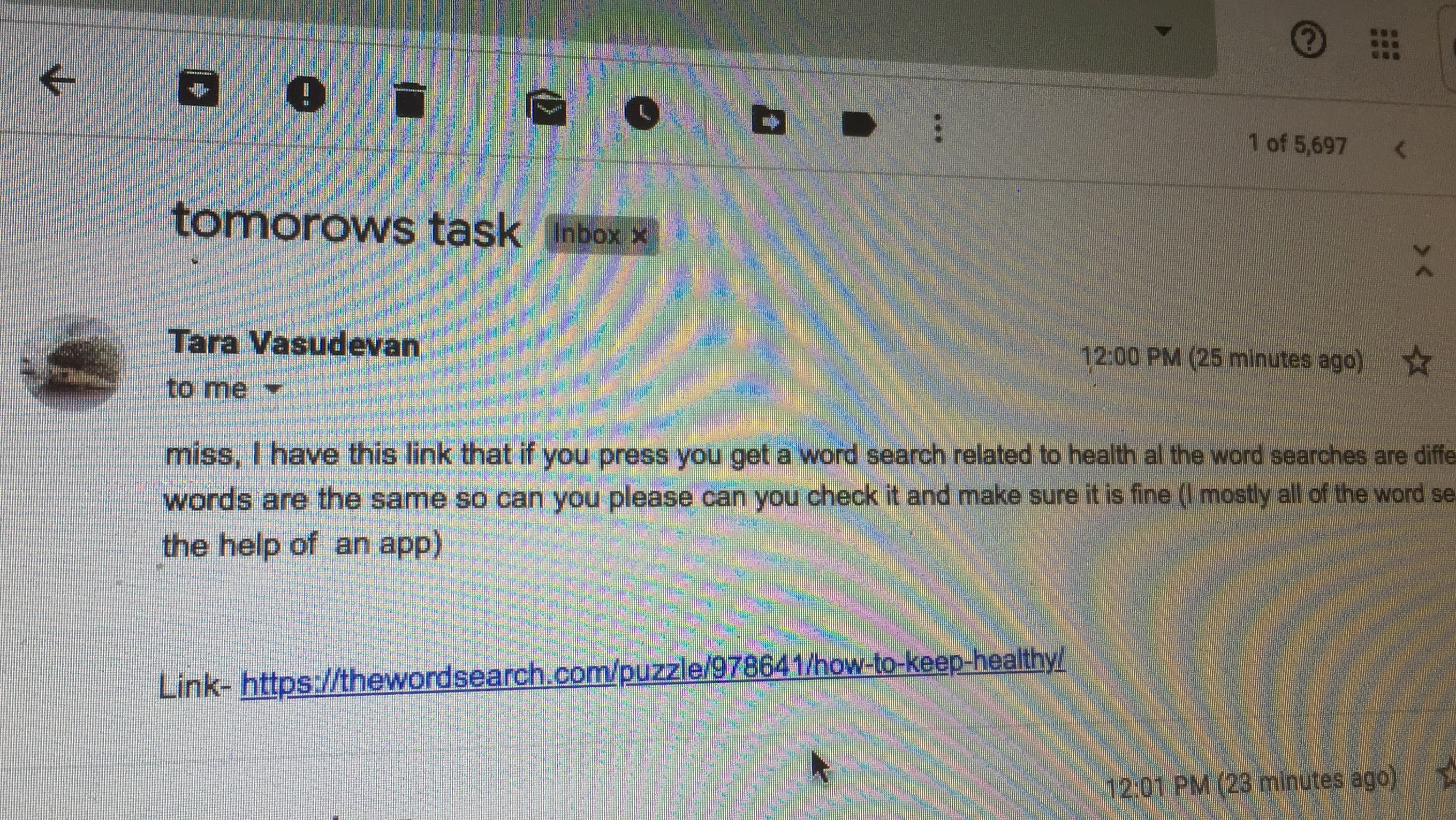
 We successfully running our e-learning and my students started planning their own learning. They sent me how they want to design their learning which promotes agency, however technology sometimes hits us. My students sometimes unable to login due to poor connections, we sometimes get stuck in the middle of the discussion. But we are happy that we are coping well together. Nothing can stop us from learning. We are now planning for PYP e exhibition. I know we need loads of motivation and learning.
We successfully running our e-learning and my students started planning their own learning. They sent me how they want to design their learning which promotes agency, however technology sometimes hits us. My students sometimes unable to login due to poor connections, we sometimes get stuck in the middle of the discussion. But we are happy that we are coping well together. Nothing can stop us from learning. We are now planning for PYP e exhibition. I know we need loads of motivation and learning.